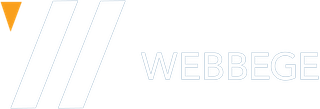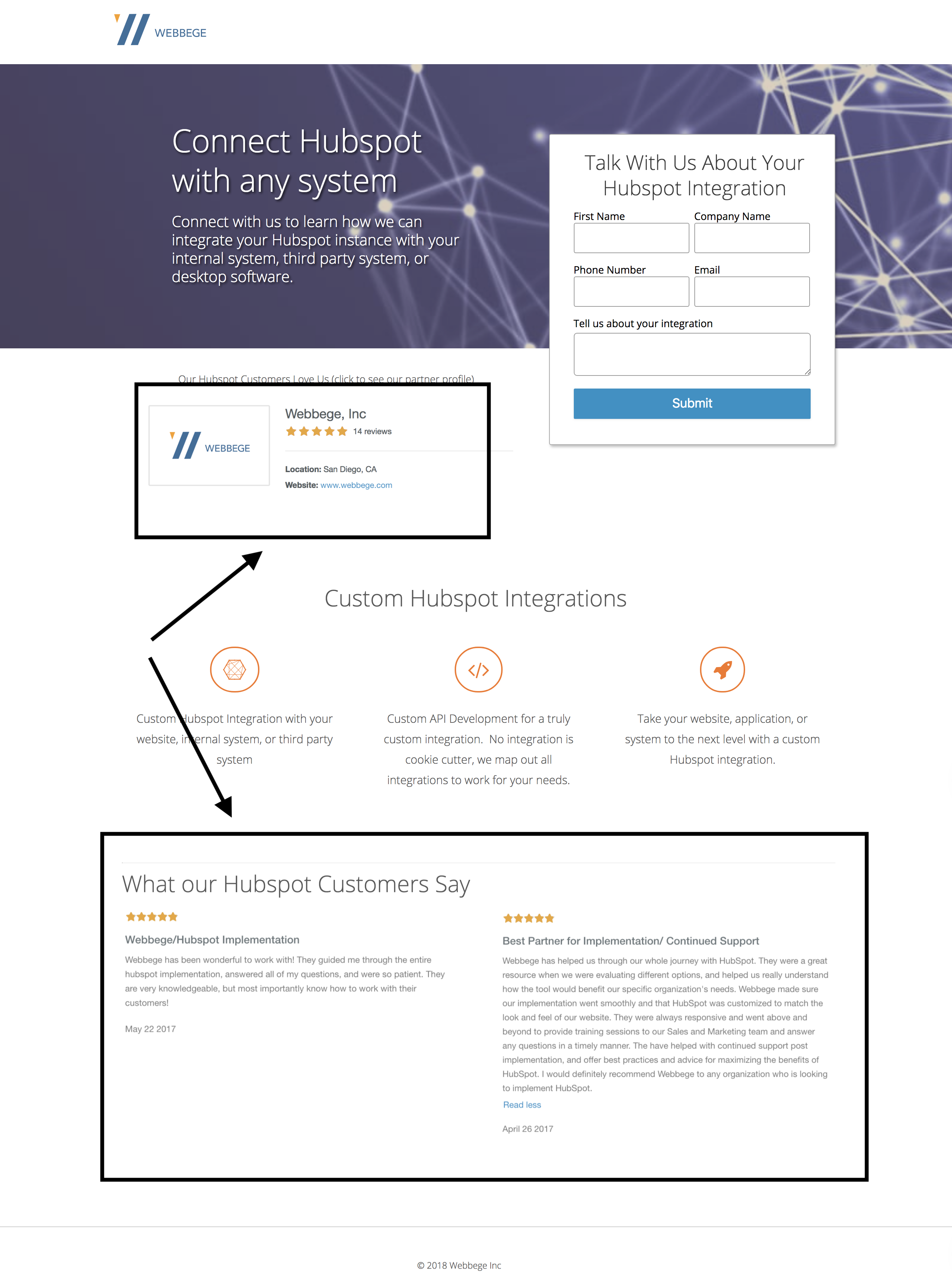
Can you focus on paid traffic rather than SEO to generate more impressions and lower your CPC? Wow, that was a mouthful! And, this is just the start of your journey as a digital marketer. The truth is that digital marketing, like any technical career, has its own, unique language. We throw out terms such as SEO and CPC because there's honestly not enough time in the workday to say "search engine optimization" or "cost-per-click" every time.
Learn how to automate your marketing system with a custom HubSpot integration.
If you've ever felt lost in a discussion with other digital marketers, then you're not alone. We created this post to teach you the most common digital marketing terms that you'll hear in your work life. By the end, you'll have taken a giant step forward to mastering the art of marketing lingo. Get your notes ready and let's let the words fly!
19 Digital Marketing Terms You Should Know Right Away
As you start off your digital marketing career, here are a few definitions that'll come up over and over again. Master these terms and you'll be off to a great start!
Terms from A-K
1. Bounce Rate
A percentage that measures the number of people who visit your website and leave after only viewing a single page.
2. Call-to-Action (CTA)
The action that you want a visitor to your web page to take; i.e. "Download an Ebook" or "Register for Webinar".
3. Click Through Rate (CTR)
A percentage that measures the number of people who visit your web page and click your call-to-action.
4. Conversion Rate
A percentage that measures the number of people who click your call-to-action and sign up for your offer.
5. Cost Per Acquisition
A paid marketing model where a digital advertiser pays for a user to take a specific action, such as submitting a contact request or signing up for a newsletter.
6. Cost Per Click (CPC)
A measure of money spent on a paid marketing campaign divided by the number of clicks on the call-to-action.
7. Domain Authority
A measure of the "trustworthiness" of a website between a score of 1-100, based on the number of internal and external links, and other factors. Developed by Moz and predicts the search engine ranking of a website.
8. Exit Rate
A percentage that measures the number of people who visited your site and clicked away to a different site from a given page. The visitor may or may not have visited other pages on the site.
9. Impressions
The number of times that an advertisement is fetched, displayed on a web page, and viewed once by a visitor.
Terms from L - Z
10. Landing Page
Any web page that a user can visit or "land on", which usually is a destination page from a click on a call-to-action.
11. Meta Description
The text description that appears on a search engine result page underneath a search engine result. Used to describe the content of web page and contributes to search engine optimization.
12. Organic Traffic
The number of visitors to a website that arrives from using a search engine, such as Google, Bing, or Yahoo.
13. Paid Traffic
The number of visitors to a website that arrives from clicking on a paid advertisement, such as Google AdWords or Facebook Ads.
14. Referral Traffic
The number of visitors to a website that arrives from clicking on an inbound link from a "referring", external source, such as another website.
15. Search Engine Marketing (SEM)
A digital marketing strategy that focuses on the positioning of a website within search engine rankings to drive visitor traffic.
16. Search Engine Optimization (SEO)
A digital marketing optimization strategy that focuses on generating a higher amount of qualified leads to a website through organic search results. More experimental than SEM.
17. Search Engine Result Page (SERP)
A web page of search engine results from a query to a search engine. Usually lists results in descending order of credibility/reputability.
18. Social Traffic
The number of visitors to a website that arrives from a social media channel, such as Facebook, LinkedIn, Twitter, or YouTube.
19. Target Keywords
A list of specific words and phrases that a digital marketer matches to their buyer persona(s) in order to rank their content highly on search engines.
Did we leave out any digital marketing terms that you use every day? Drop us a comment below and share your insights.
You Might Also Like:
- 5 Essential Google AdWords Benefits for Your Marketing Strategy
- Webbege Makes Top San Diego Web Designers List
Webbege is a leading San Diego B2B website design and digital marketing agency that provides a suite of marketing automation tools. Our clients range from small businesses to Fortune 500 companies. Let's team up and grow your business.






